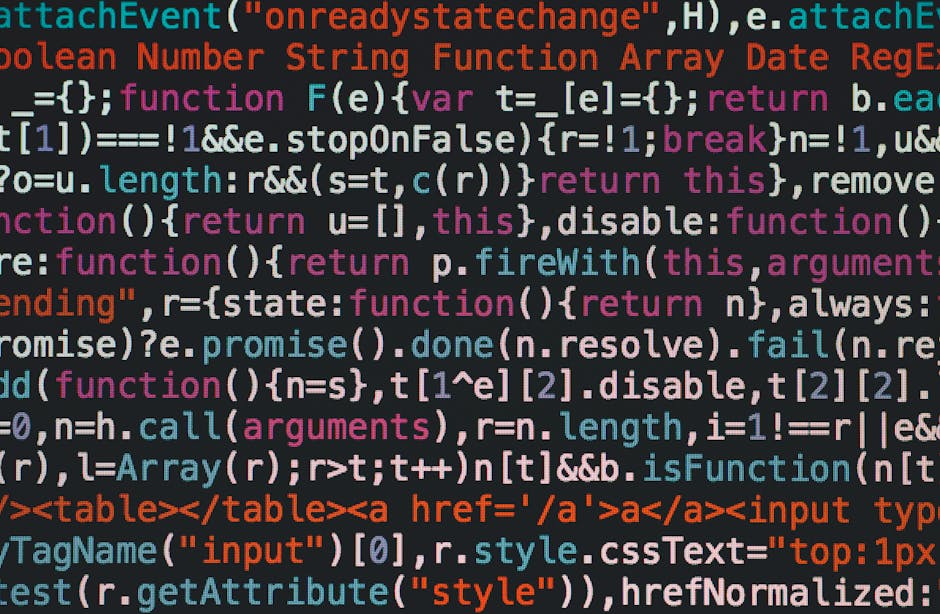New York is taking a groundbreaking approach to governing the burgeoning field of artificial intelligence. Recognizing both the immense potential and the inherent risks associated with increasingly sophisticated AI systems, the state has recently enacted landmark legislation designed to protect residents and promote responsible innovation. This article will explore the key components of these new regulations, examining their intent, scope, and potential impact.
Legislative Overview and Intent
The new legislation in New York represents a significant commitment to ensuring that AI is developed and deployed in a manner that prioritizes public safety and civil rights. The measures address concerns surrounding algorithmic discrimination, lack of transparency, and the potential for catastrophic harm. The state aims to strike a balance between fostering technological advancements and safeguarding the well-being of its citizens.
New York AI Act (2025-A8884)
The New York AI Act (2025-A8884) is a sweeping piece of legislation specifically targeting high-risk AI systems. This bill isn’t just about stopping “bad” AI; it’s about establishing a framework for accountability and responsible development from the beginning.
- Algorithmic Discrimination Prevention: The Act aims to prevent AI systems from perpetuating or amplifying existing inequalities.
- Civil Rights Protection: It provides a legal framework to protect New Yorkers’ civil rights in the age of automated decision-making.
- Independent Audits: A key provision mandates independent audits of high-risk AI systems to assess their fairness and accuracy.
- Transparency Requirements: The Act requires developers to be transparent about how their AI systems are deployed and used.
- Private Right of Action: This crucial aspect allows New Yorkers to sue technology companies if they are harmed by AI systems, setting New York apart from many other states.
The law’s scope covers critical sectors where unchecked AI could have a profound impact on individuals’ lives, including education, healthcare, employment, insurance, and finance. By addressing potential harms proactively, the Act intends to ensure that AI serves the public good, rather than exacerbating existing societal challenges.
AI Bill of Rights (2025-A3265)
Complementing the New York AI Act, the AI Bill of Rights (2025-A3265) establishes a clear set of rights for New Yorkers who are affected by automated decision-making processes. This bill shifts the focus toward empowering individuals and ensuring they have a voice in how AI impacts their lives.
- Right to Safe and Effective Systems: New Yorkers have the right to expect that AI systems used to make decisions about them are safe and function as intended.
- Protection from Algorithmic Discrimination: This guarantees protection against decisions based on biased algorithms that unfairly disadvantage individuals or groups.
- Right to Know: Individuals have the right to know when AI is being used to make decisions that affect them.
- Right to Understand and Contest: The law ensures individuals can understand how automated decisions are made and have the right to challenge those decisions.
- Right to Human Involvement: New Yorkers have the right to opt out of automated decision-making and request human involvement.
The RAISE Act and Frontier AI Regulation
The Responsible AI Safety and Enterprise (RAISE) Act takes a focused approach, specifically targeting the development and deployment of “frontier” AI models—those representing the cutting edge of AI capabilities. These models, often developed by companies like OpenAI, Google, and Anthropic, require heightened scrutiny due to their potential for significant impact.
RAISE Act Details
- Focus on Frontier AI: The Act is designed to regulate AI labs training models with substantial computational resources (over $100 million).
- Safety and Security Reports: Companies must publish detailed reports outlining the safety and security measures implemented in their AI systems.
- Incident Disclosure: Any incidents involving dangerous AI behavior must be disclosed publicly.
- Transparency Standards: Strict adherence to transparency standards is mandated to ensure accountability.
- Civil Penalties: Violations can result in civil penalties of up to $30 million, highlighting the seriousness of the regulations.
The RAISE Act is viewed as a national first, legally mandating transparency for advanced AI labs. By proactively addressing potential risks, the Act aims to prevent AI-fueled disasters, such as large-scale harm or catastrophic financial losses. This legislation is particularly significant as it requires accountability regardless of where the company is based, as long as they provide AI services to New York residents.
Scope and Safeguards
A crucial aspect of the RAISE Act is its scope. It applies to any company providing powerful AI models to New York residents, irrespective of their location. Recognizing the need to balance regulation with innovation, the law aims to avoid stifling growth among startups and academic researchers, a concern often raised in similar legislation across other states.
Enforcement, Rights, and Protections
Beyond the core regulations, the new legislation includes essential provisions related to enforcement, individual rights, and protections for those involved in uncovering potential wrongdoing.
Private Right of Action
As mentioned previously, the private right of action is a significant differentiator for New York’s AI regulations. It allows individuals who have been harmed by AI systems to pursue legal action against the responsible technology companies, creating a powerful incentive for responsible development and deployment.
Impact Assessments and Whistleblower Protections
To ensure proactive risk management, developers are now required to conduct thorough impact assessments before deploying AI tools. Furthermore, the law provides robust protections for whistleblowers who come forward to expose reckless or harmful AI practices, encouraging transparency and accountability within the industry.
Federal and Industry Response
While New York’s efforts to regulate AI are commendable, they are not without potential challenges and complexities.
Federal Preemption
A significant uncertainty surrounds the potential for federal authorities to override or limit New York’s rules. Congress is currently considering a potential moratorium on state-level AI regulation, raising questions about the ultimate enforceability of New York’s legislation.
Industry Pushback
Tech companies have expressed concerns regarding the compliance costs associated with the new regulations and the potential for overlapping or conflicting rules. However, lawmakers maintain that the priority must be the safety and civil rights of New Yorkers.
Additional Measures
Beyond the core AI Acts, New York is taking broader steps to foster responsible AI innovation and ensure its benefits are accessible to all.
State Agency Transparency
To further promote transparency and accountability, New York law now mandates that state agencies publicly disclose detailed information about their automated decision-making tools on their websites.
Empire AI Consortium Expansion
Governor Hochul has signed legislation to expand the Empire AI Consortium, demonstrating a commitment to investing in AI research for the public good and supporting safe and responsible innovation.
Conclusion
New York’s new AI regulations represent a groundbreaking effort to govern artificial intelligence in the United States. By mandating transparency, audits, and legal protections, the state is taking a proactive stance to prevent discrimination, catastrophic harms, and unchecked AI power. While the outcome of these legislative efforts remains to be seen, they are poised to set a precedent for AI governance across the nation and could influence how other states approach the challenges and opportunities presented by this rapidly evolving technology. The balance between fostering innovation and safeguarding the public good will be crucial in shaping the future of AI, and New York’s bold step forward demonstrates a commitment to achieving that balance.




Leave a Reply
You must be logged in to post a comment.